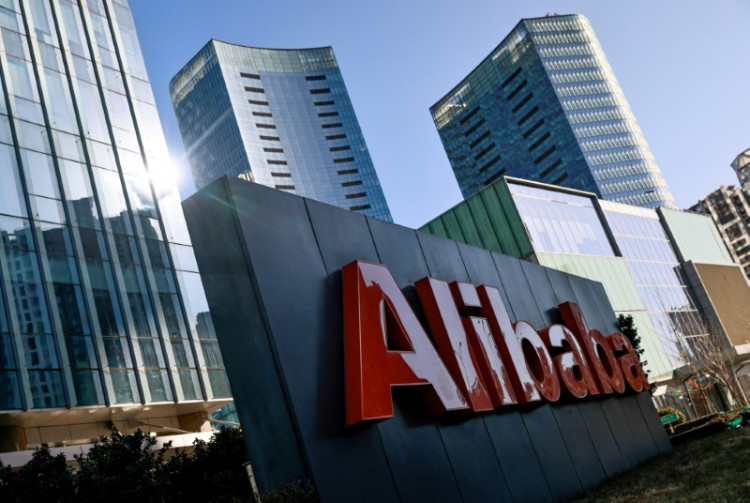Alibaba Group Holding is set to exit its physical retail business after announcing plans to sell its entire stake in Intime Retail Group for $1 billion, marking a $1.3 billion loss on the deal. The Chinese e-commerce giant's decision reflects its strategic shift to refocus on its core online commerce operations amid mounting competition and challenging market conditions.
The sale, revealed on Tuesday, will see Intime transferred to a consortium led by Chinese clothing giant Youngor Fashion and members of Intime's management team. The deal, valued at 7.4 billion yuan ($1.02 billion), is subject to customary regulatory approvals, according to Alibaba. The company acquired Intime in 2017 for $2.6 billion in an ambitious move to expand into brick-and-mortar retail.
Alibaba's exit underscores its broader restructuring strategy to streamline operations. The company's split into six business units last year marked its most significant corporate overhaul to date, and its leadership has since prioritized bolstering its e-commerce operations. "Alibaba's balance sheet still contains some traditional physical retail businesses, which are not our core focus," Alibaba Chairman Joseph Tsai said earlier this year. "It is reasonable for Alibaba to exit these sectors."
The decision comes as Alibaba faces fierce competition from discount-focused platforms like Pinduoduo and Temu, along with Douyin and TikTok, which have aggressively captured cost-conscious consumers in China and overseas. "In the short term, Alibaba just doesn't have the attention to actually do offline retail and do it well," said Jianggan Li, CEO of venture insights firm Momentum Works. "Finding the right buyer at the right price remains a challenge."
Youngor Fashion, the consortium's key player, sees the acquisition as an opportunity to strengthen its presence in China's retail sector. The Ningbo-based fashion giant stated that the deal would "supplement the retail value chain and improve the fashion ecosystem," adding that Intime's managers would have room to support the chain's future high-quality development.
Alibaba's New Retail model, introduced under the leadership of former CEO Daniel Zhang, once symbolized the convergence of e-commerce and traditional retail. The model aimed to merge the convenience of online shopping with the in-person experience of brick-and-mortar stores. However, the approach proved costly, with higher rents, labor expenses, and complex system integrations undercutting its profitability.
Physical retail businesses have been particularly hard hit as Alibaba's rivals doubled down on online discounts, intensifying price wars across the sector.
Alibaba's move to offload non-core assets, including Intime, aligns with its renewed focus on revitalizing e-commerce operations. Reuters reported in February that the company was also considering the sale of its grocery chain Freshippo and hypermarket operator RT-Mart. These businesses, once integral to Alibaba's vision of online-to-offline retail dominance, have struggled in recent years.
The financial markets reacted with caution to the news. Alibaba's Hong Kong-listed shares (HKG: 9988) fell 1.1% to HKD 83.40 ($10.73) on Tuesday, reflecting investor uncertainty over the company's restructuring efforts. In contrast, Youngor's Shanghai-listed stock (SHA: 600177) rose 3.7% to CNY 9.38 ($1.29), as investors welcomed the acquisition.
Alibaba's founder, Jack Ma, acknowledged the company's past missteps earlier this year while expressing support for its ongoing restructuring efforts. In a memo to employees, Ma underscored the need for the company to adapt and learn from previous challenges.




